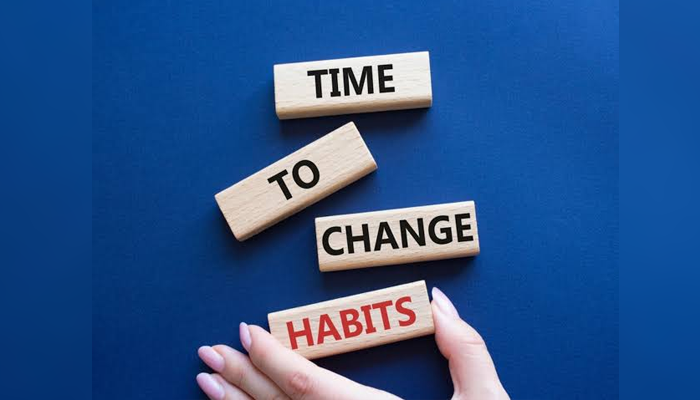
As 2024 draws to a close, significant shifts in consumer behavior have reshaped the global marketplace. The evolving preferences reflect economic challenges, environmental concerns, and technological advancements. Here are nine key trends that businesses must monitor to remain competitive:
Rise of Conscious Consumerism

Consumers increasingly prioritize sustainability. According to Deloitte, 60% of global consumers now prefer eco-friendly products. This shift is driven by awareness of climate change and ethical considerations, urging brands to adopt greener practices and transparent supply chains.
Health Meets Pleasure

Health-conscious consumers no longer see indulgence and wellness as mutually exclusive. A growing number of products combine functionality with enjoyment, such as low-calorie treats or beverages fortified with vitamins. In social settings, there’s a move towards wellness-focused activities, like fitness dates, reflecting an emphasis on balanced lifestyles.
Digital and Savvy Shopping

E-commerce continues to dominate, with a notable rise in "savvy shoppers" who meticulously compare prices and seek deals. A fifth of consumers report shopping online primarily to save fuel costs, reflecting financial pressures and eco-consciousness.
Home-Centric Living

Post-pandemic, homes remain multifunctional hubs for work, leisure, and shopping. This lifestyle shift has driven demand for home-enhancing products, such as ergonomic furniture and entertainment gadgets. Furthermore, consumers are investing in making social gatherings at home more special.
The Local Connection

Amid global uncertainty, localism has surged, with 64% of consumers favoring local goods and services. Supporting nearby producers and fostering community resilience are key actions taken by consumers to address social and ethical responsibilities.
Proactive Health Management

Preventative health measures have gained prominence, with personalized wellness solutions like 3D-printed supplements rising in demand. Self-care is a priority, as individuals turn to a mix of technology and traditional advice to tailor their health strategies.
Tech-Enabled Experiences

The integration of artificial intelligence (AI) and augmented reality (AR) into retail and consumer experiences is transforming engagement. Virtual try-ons, personalized recommendations, and voice-activated shopping have become standard expectations for tech-savvy consumers.
Affordable Luxury

Despite economic pressures, consumers continue to seek affordable indulgences. The "lipstick effect" remains relevant, as people splurge on small luxuries to maintain a sense of normalcy. These purchases often include premium skincare products, boutique coffee, or artisanal goods.
Sustainability Beyond Products

Sustainability is no longer limited to goods; services and experiences are also adapting. For instance, eco-tourism and zero-waste dining are flourishing as consumers demand environmentally friendly options across all facets of life.
These trends highlight an overarching consumer desire for meaningful, sustainable, and personalized experiences. As businesses gear up for 2025, innovation aligned with these values will be essential for capturing consumer loyalty in a competitive landscape.












